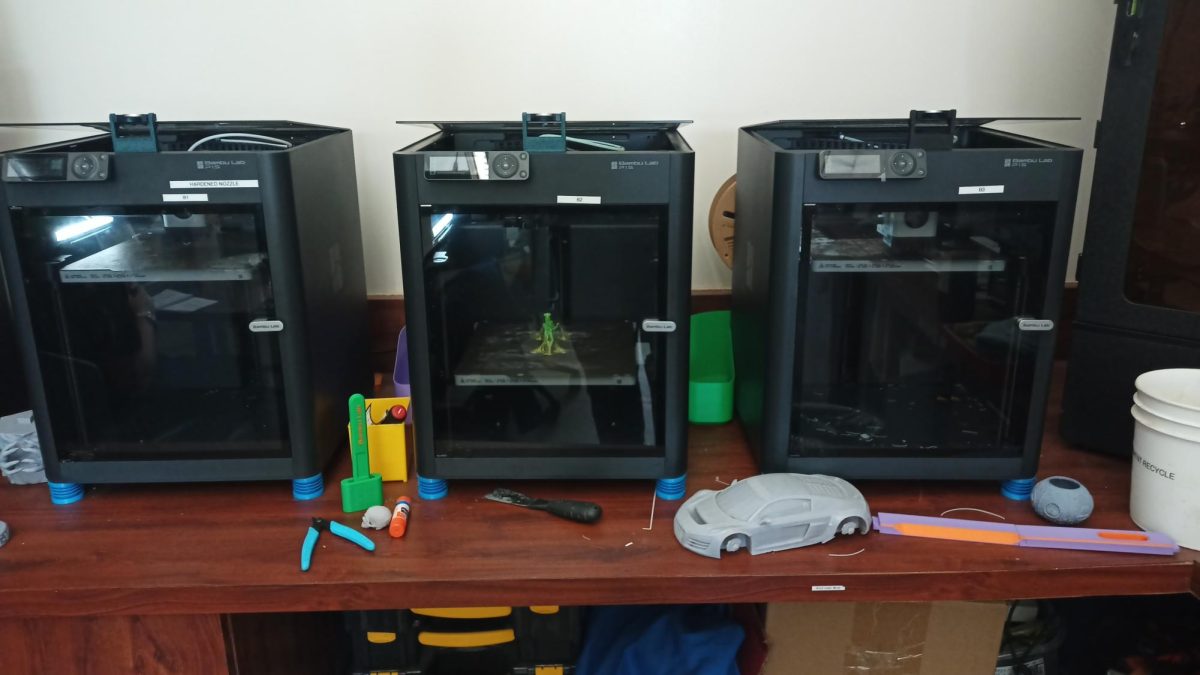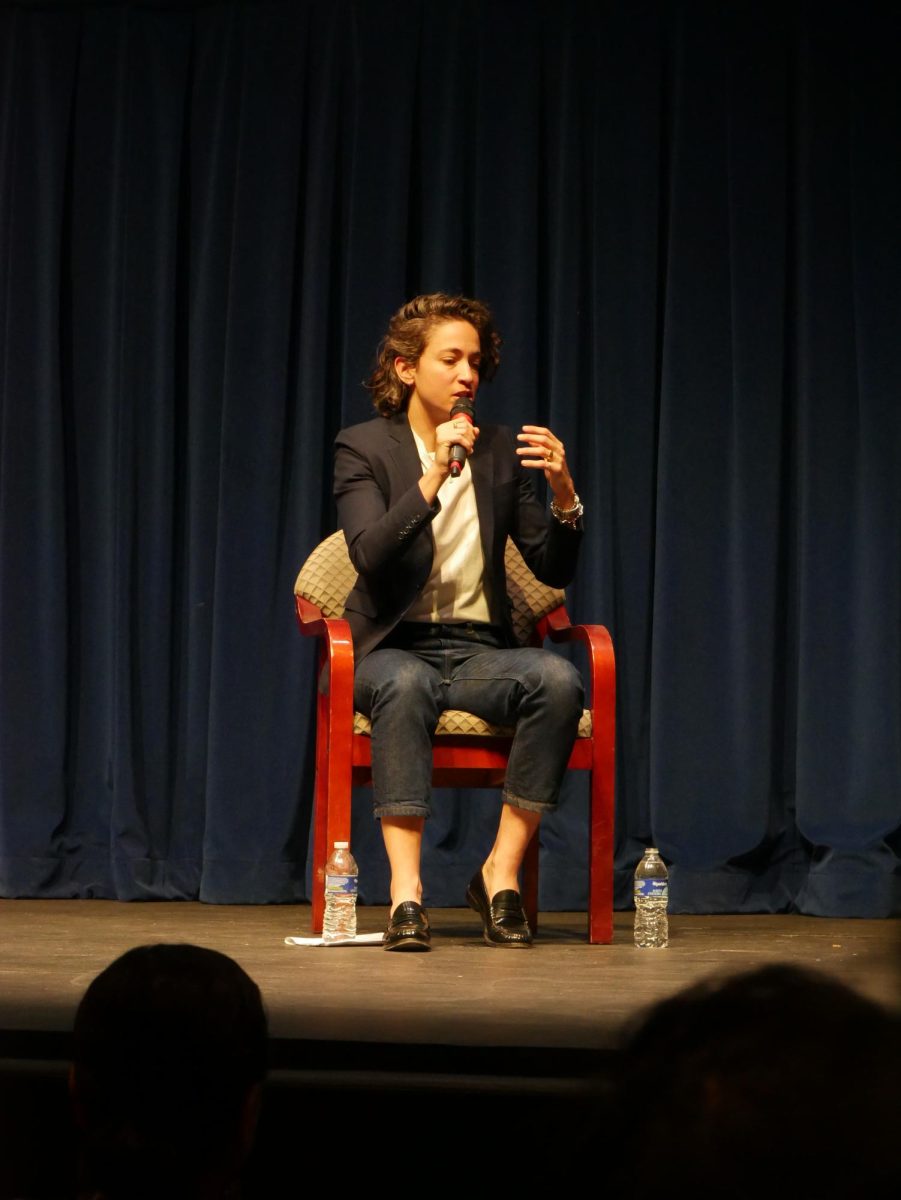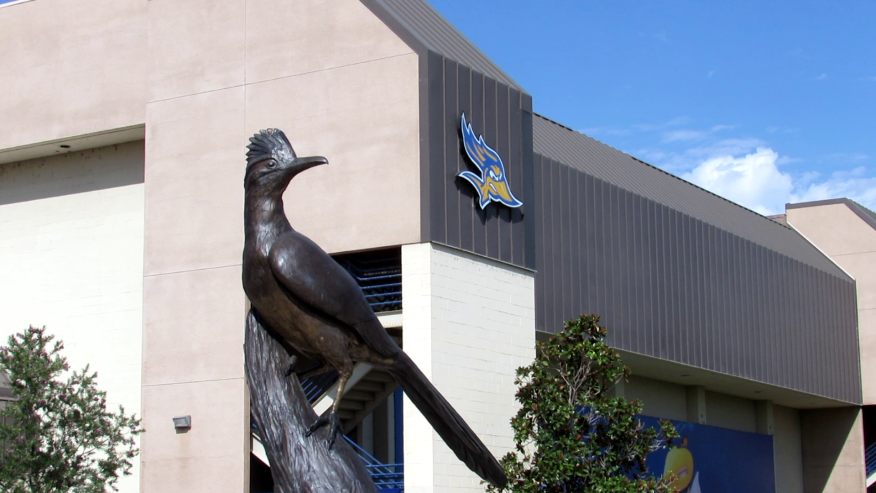Reporter
It’s human nature to feel obligated to give to those in need. Yet not everyone is knowledgeable on how to go about giving.
Dr. Aaron Hedge, Professor of Economics gave a small lecture on the importance of Microloans on Oct. 6 at the Walter Stiern Library.
Microloans are small loans given to people who need small amounts of money at a time. Typically the money is borrowed and then paid back by a specific time.
With microloan businesses like Kiva, an individual’s life can be changed with loans less than $25.
There is a portion of the world that lives off of less than a $1.25 a day. This is more than poverty, described as extreme poverty.
Dr. Hedge mentioned in his lecture his beliefs that microloans should be regulated and collaborated with macro policies.
He found the results of microloans to be mixed. Some question, is it morally right to charge the extremely poor high interest rates?
Without interest rates MFIs (Micro Financial Inc.) cannot survive.
MFIs face a tradeoff between profitability and outreach. One controversy that surrounded MFIs was the high rate of suicide by farmers in India that borrowed money and couldn’t afford to pay it back.
This forced MFIs to cut interest rates, change payment schedules, which lowered debt repayment from 100 percent to 20 percent. Central banks then began to set guidelines to fix these problems.
The loans have now brought a sense of structure to many economies.
Hedge believes as economies develop through education, health, and social safety, the more poverty declines.
“As economies grow, people move out of extreme poverty,” said Hedge.
The numbers of those who live in extreme poverty have dwindled through the years. In 1990, 37 percent of the world lived in extreme poverty, now in 2015 only 9.6 percent remain.
Microloans give individuals stability and equality that is correlated with growth and employment that alleviates poverty, but also empowers women and reduces the gender gap.
“Kiva loans transfer the power to the individuals,” said Hedge.
In Bob Harris’s book “The International Bank of Bob,” Harris explains Kiva loans in great detail to his readers. Harris’s book is part of the “One Book Project” sponsored by Kern County Library and CSU Bakersfield First Year Experience Program.
While traveling Harris noticed impoverished workers making very little for back-breaking work. He was then determined to make a difference in these workers lives after discovering Micro-lending at Kiva.org.
“Loans do help the most poor people,” said Hedge.







